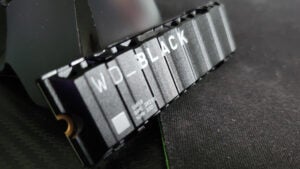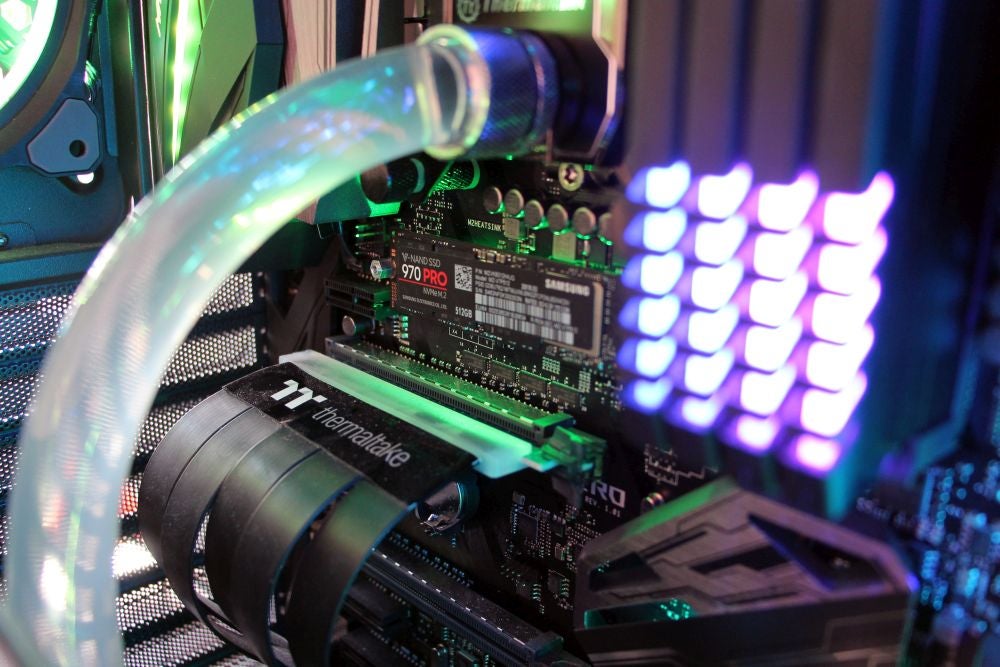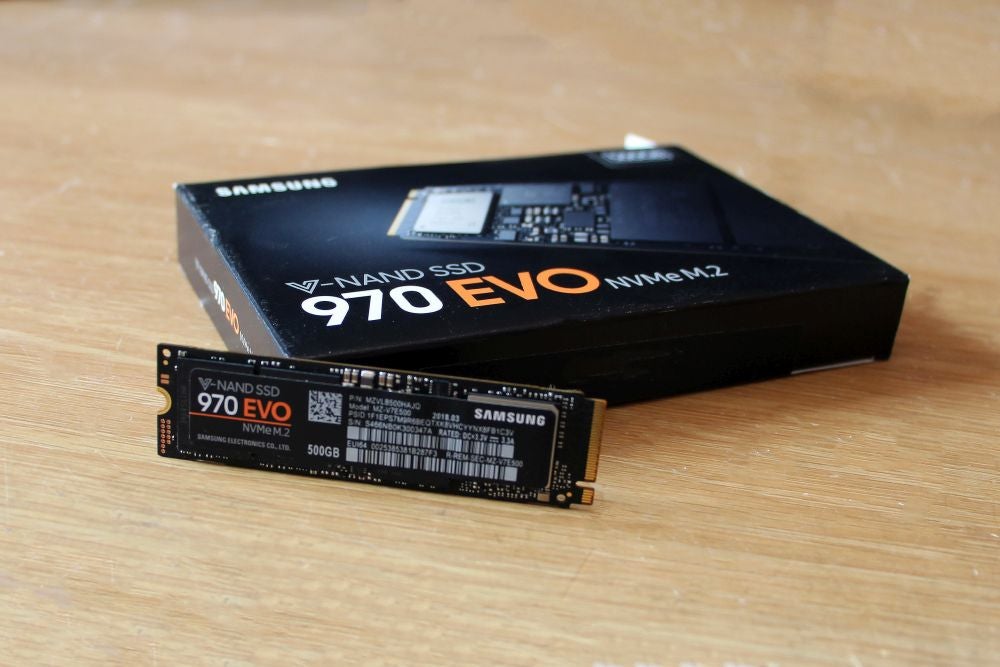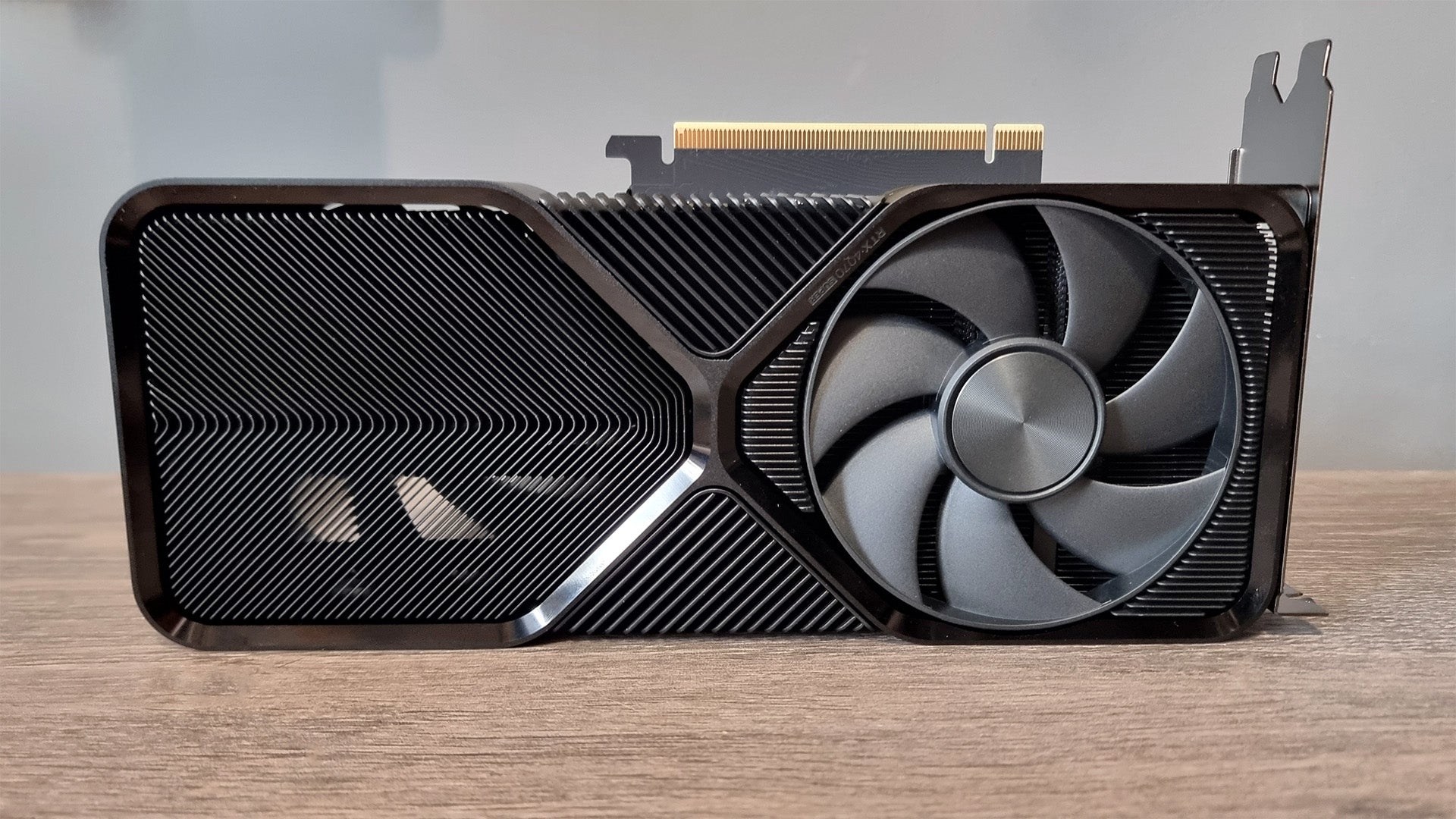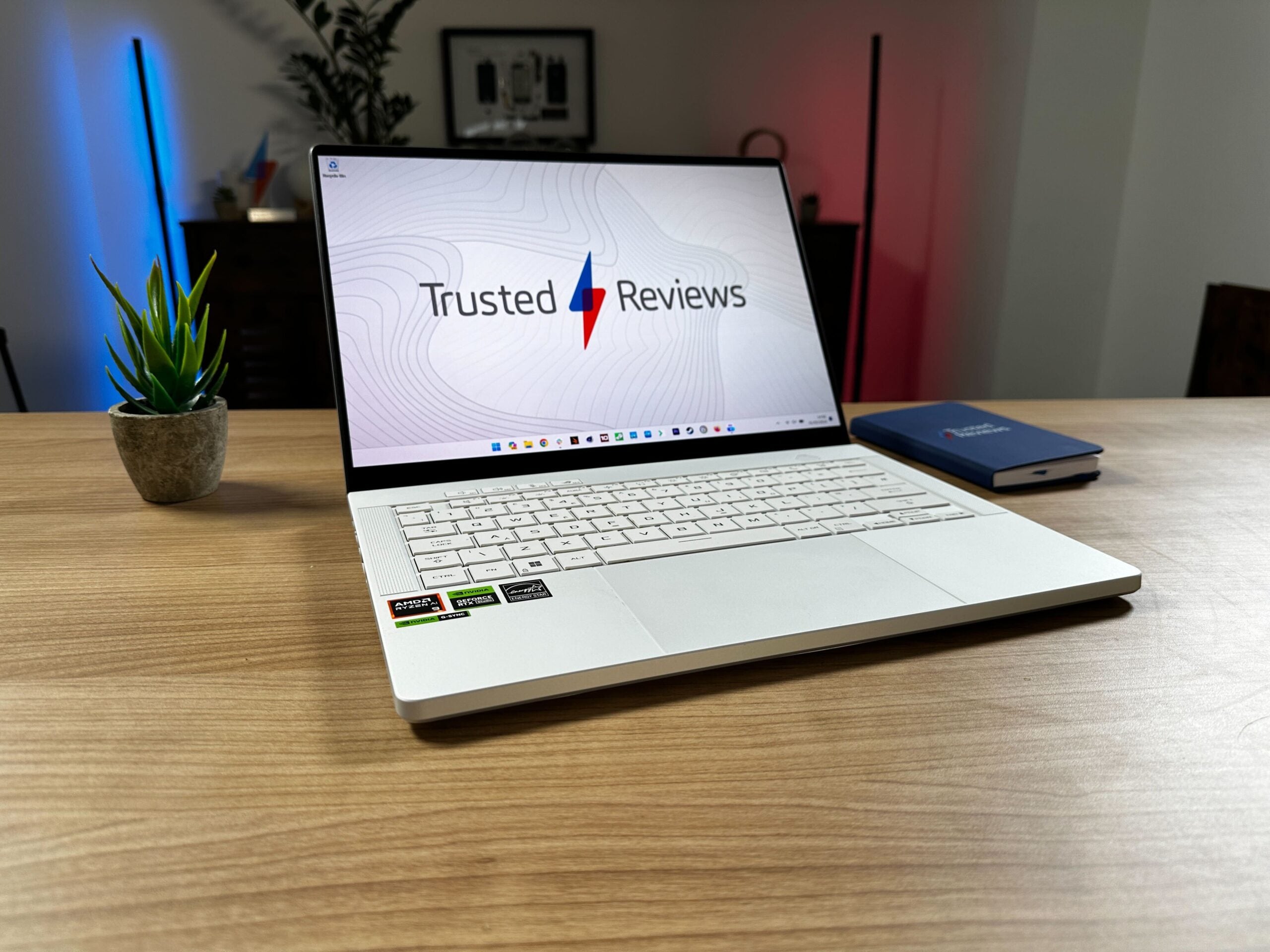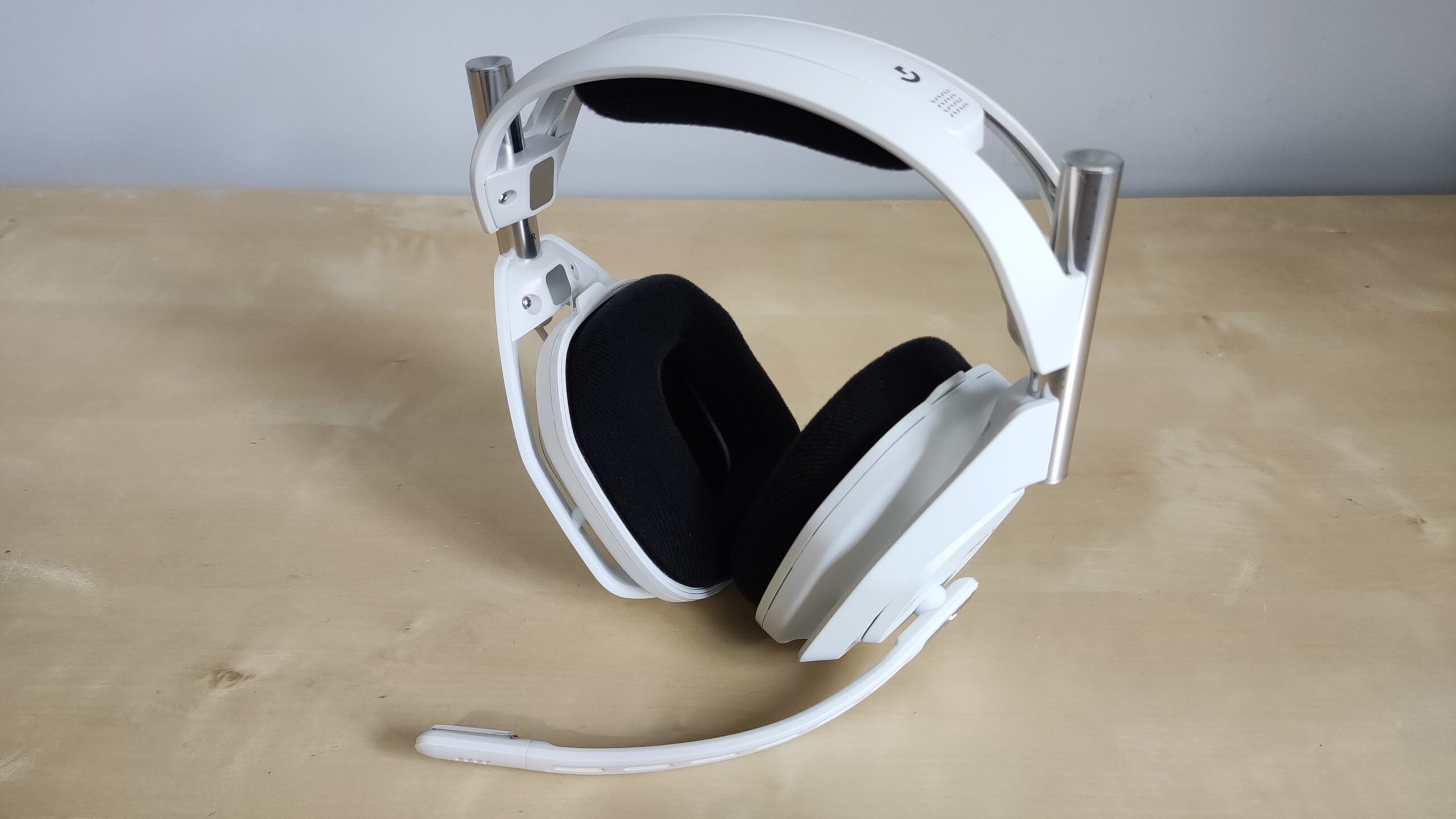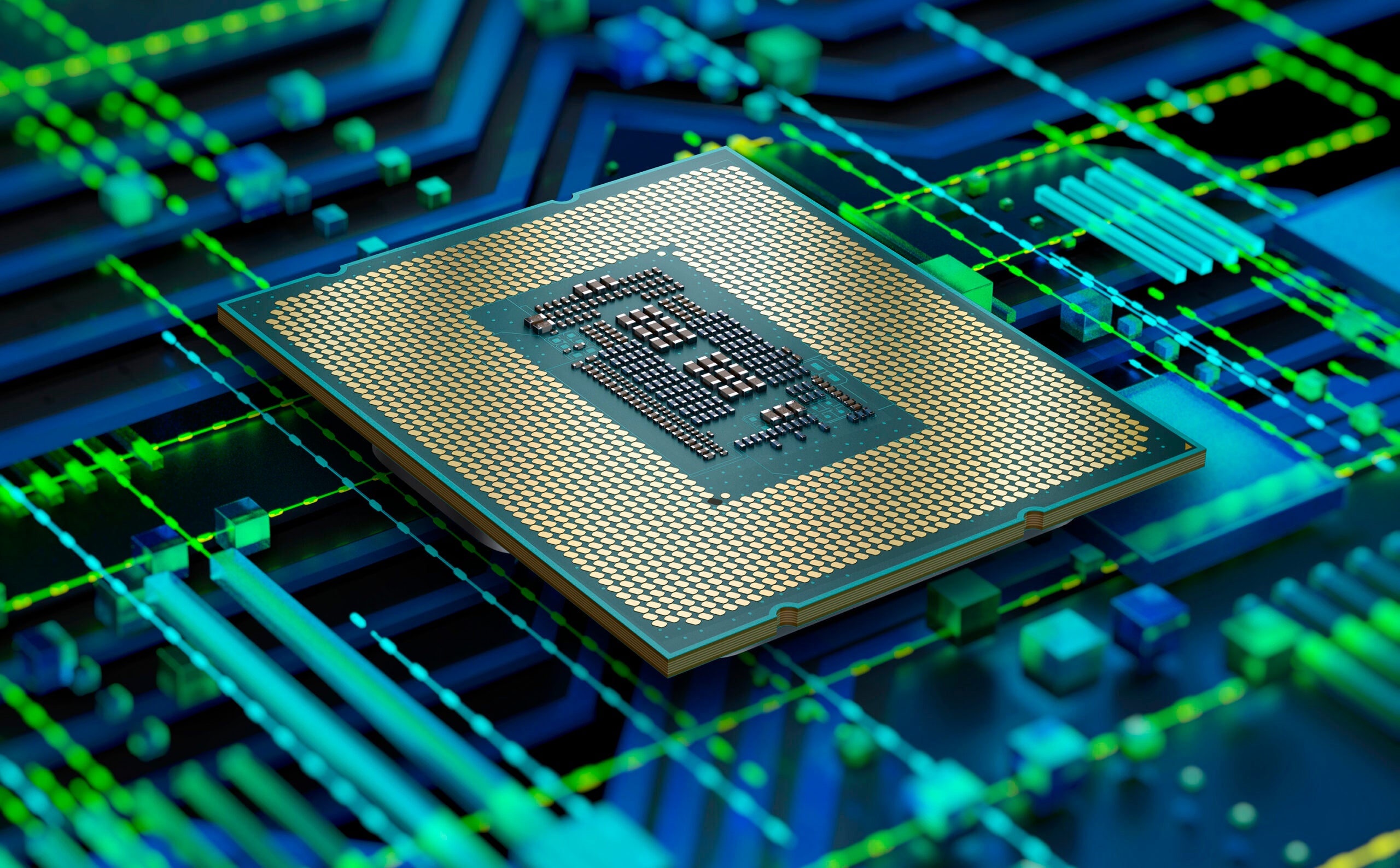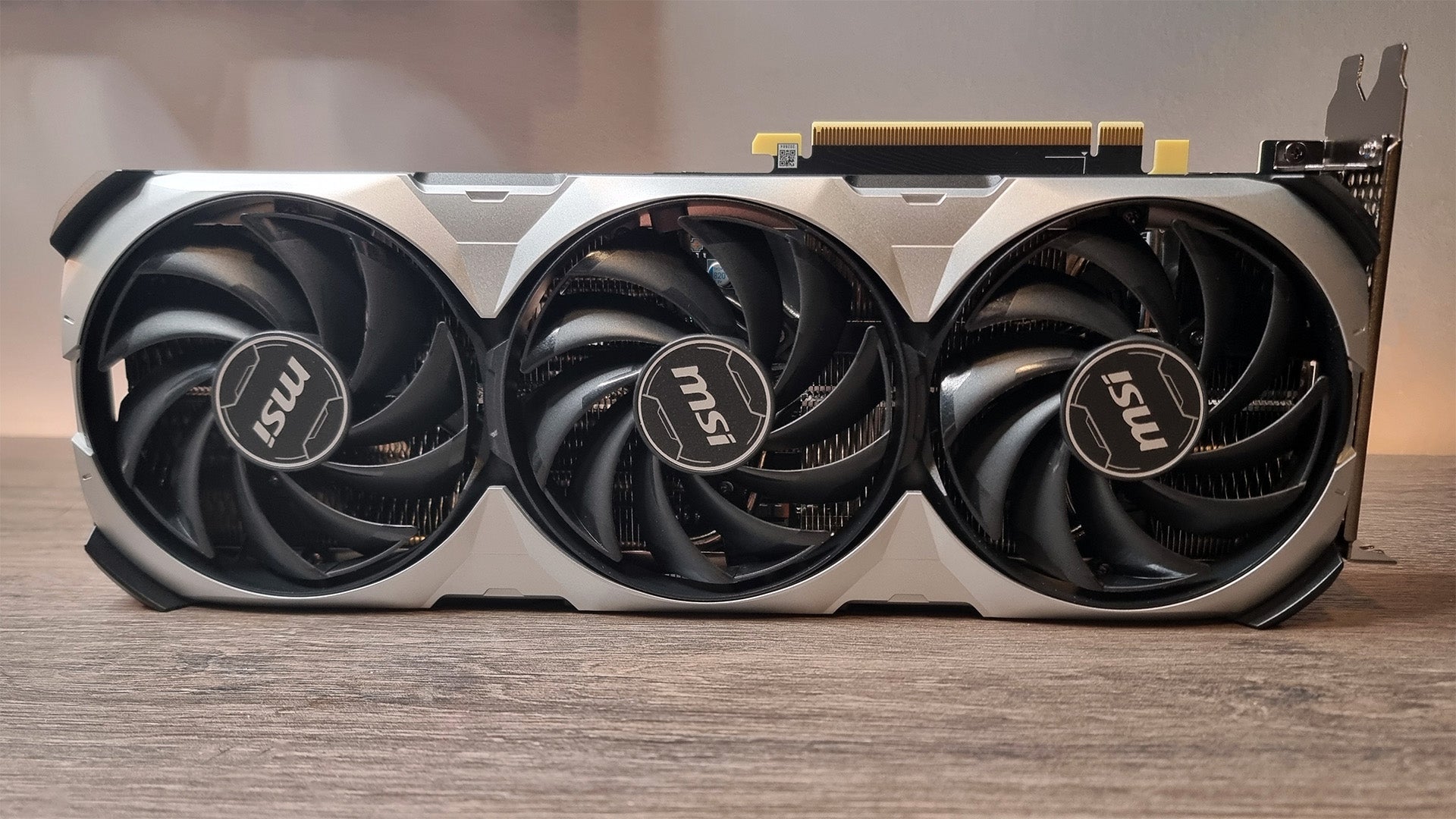Best SSD 2024: Upgrade your PC or PS5 with these drives
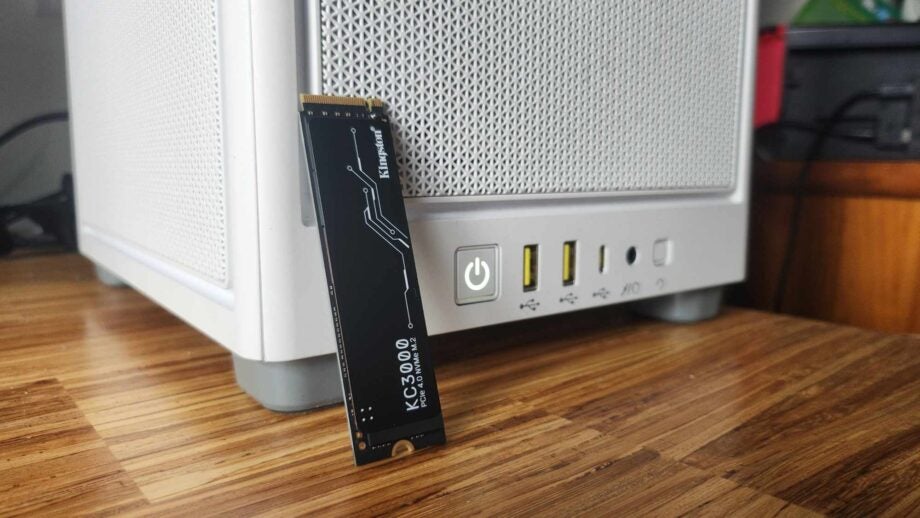
Having an SSD installed in your PC boosts everything from video game loading times to the boot-up speed of your machine. There are now plenty of options to choose from, so we’ve tested all the best SSD options to help guide you through.
Having an SSD boosts everything from loading times in games to the boot-up speed of your machine. The popularity of this technology now means that there are plenty of options to choose from, so we’ve tested all the best SSD options to help guide you through.
To give you the full picture of the SSDs available right now, we’ve thoroughly tested each device using benchmarks and real-world experiences. Our experts then give you all the key details in our reviews and explain how these results are likely to impact you.
As well as updating this guide with new SSDs that sport new and exciting technology, there are plenty of interesting options still coming out using the methods available right now. As such, it’s always worth bookmarking this page and checking back as we regularly update this page with the latest SSDs our experts have tested.
Along with our in-depth testing of SSDs, we’ve reviewed a range of PC components to help you kit out your device. For our guides on these, check out best gaming CPUs, best graphics cards and more.
Best SSDs at a glance
- Best overall SSD: Gigabyte Aorus Gen5 12000 – check price
- Best PCIe 4.0 SSD: Crucial T500 – check price
- Best SSD for PS5: Kingston Fury Renegade SSD – check price
- Best value SSD: WD Black SN850 1TB – check price
- Best SATA SSD: Samsung 860 Evo – check price
How we test
When testing an SSD, we use both synthetic benchmark tests, while also determining file transfers via both Steam and Windows explorer. We also factor in the likes of price, design and temperature when reaching a final score.
- Great sequential performance
- Frequently discounted in 2022
- Well built
- Usurped by the WD Black SN850X
- It gets really hot
- Huge choice of capacity
- Well priced
- Good all-round performance
- Excellent endurance
- Not that much faster than previous drive
- Ridiculously quick in sequential file transfer tasks
- Large DRAM cache, allows for rapid in-game loading
- Solid heatsink, minimizes PCIe 5.0 heat woes
- Heatsink isn’t compatible with all motherboards
- Random 4K performance not the best
- Incredible performance for the price
- Strong random 4K results in testing
- Great for consoles and PCs alike
- Heatsink isn’t easily removable
- Reasonably priced
- Master of all trades
- Top-tier endurance rating
- Some similar drives slightly cheaper
- Older 176-Layer TLC NAND

Gigabyte Aorus Gen5 12000
Best overall SSD
Pros
- Ridiculously quick in sequential file transfer tasks
- Large DRAM cache, allows for rapid in-game loading
- Solid heatsink, minimizes PCIe 5.0 heat woes
Cons
- Heatsink isn’t compatible with all motherboards
- Random 4K performance not the best
The Gigabyte Aorus Gen5 12000 is the fastest SSD we’ve ever tested. It’s capable of a sequential read speed of up to 12,000MB/s, which is twice as fast as a large number of the SSDs currently available on the market.
The enhanced speeds are all thanks to the jump up to the new PCIe 5.0 standard, although this means you’ll need a cutting-edge PC to make use of its full potential, and so is wasted on consoles such as the PS5.
Not only did it prove to be excellently speedy when loading up games, but our tests also showed it to only take 37.40 seconds to transfer a 120GB file. New PCIe drives can suffer from overheating woes, but the Gigabyte Aorus Gen5 12000 has fortunately been paired with a solid heatsink to avoid this issue.
If you want the fastest possible performance, and have the necessary processor and motherboard to reap its full potential, then the Gigabyte Aorus Gen5 12000 is the best SSD you can buy right now.
Reviewer: Zak Storey
Full review: Gigabyte Aorus Gen5 12000 review

Crucial T500 M.2 PCIe 4.0 SSD 2TB
Best PCIE 4.0 SSD
Pros
- Incredible performance for the price
- Strong random 4K results in testing
- Great for consoles and PCs alike
Cons
- Heatsink isn’t easily removable
Most SSD makers are now focusing on making the jump to new PCIe 5.0 drives to take performance to new heights, but the Crucial T500 instead focuses on achieving the best SSD performance on the older PCIe 4.0 generation.
The Crucial T500 is the fastest PCIe 4.0 SSD we’ve tested, achieving sequential read speeds of up to 7400MB/s, which is pushing the absolute limit of the technology. It performed very well in our benchmark tests too, including the Final Fantasy XIV in-game speed test and only took 37.40 seconds to transfer a 120GB file.
It comes bundled with a heatsink, which is great to keep it cool and at an optimal performance level, but it’s unfortunately difficult to prise off if you want to use your own heatsink or you’re struggling to fit inside your PC. Fortunately, you are able to purchase the SSD without a heatsink to avoid this issue.
If you’re still using a PCIe 4.0 processor in your PC, then the Crucial T500 is the best SSD we’ve tested, delivering the fastest speeds we’ve seen from this generation.
Reviewer: Zak Storey
Full review: Crucial T500 Review

Kingston Fury Renegade M.2 PCIe 4.0 SSD 2TB
Best SSD for PS5
Pros
- Reasonably priced
- Master of all trades
- Top-tier endurance rating
Cons
- Some similar drives slightly cheaper
- Older 176-Layer TLC NAND
Purchasing an SSD can be a tad confusing for PS5 owners, as you need to make sure the speeds are just right to ensure a smooth performance without overpaying. The Kingston Fury Renegade SSD is our favourite of the bunch, with a fantastic balance of price and performance.
The Kingston Fury Renegade is a PCIe 4.0 SSD that’s capable of up to a 7300MB/s sequential speed, which is just shy of the performance of the Crucial T500.Our benchmark tests backed up its high performance claims, proving excellent across the board, including fast gaming load times and speedy file transfers.
The SSD comes bundled with a solid low-profile heatsink too, which allows it to to easily fit inside a PC or even the PS5.
If you’re looking for an SSD to upgrade your PS5 storage with, then we think the Kingston Fury Renegade SSD is the best SSD to go for. That said, this is still an excellent choice for PC gamers, as the performance isn’t too much different from the excellent Crucial T500.
Reviewer: Zak Storey
Full review: Kingston Fury Renegade SSD Review
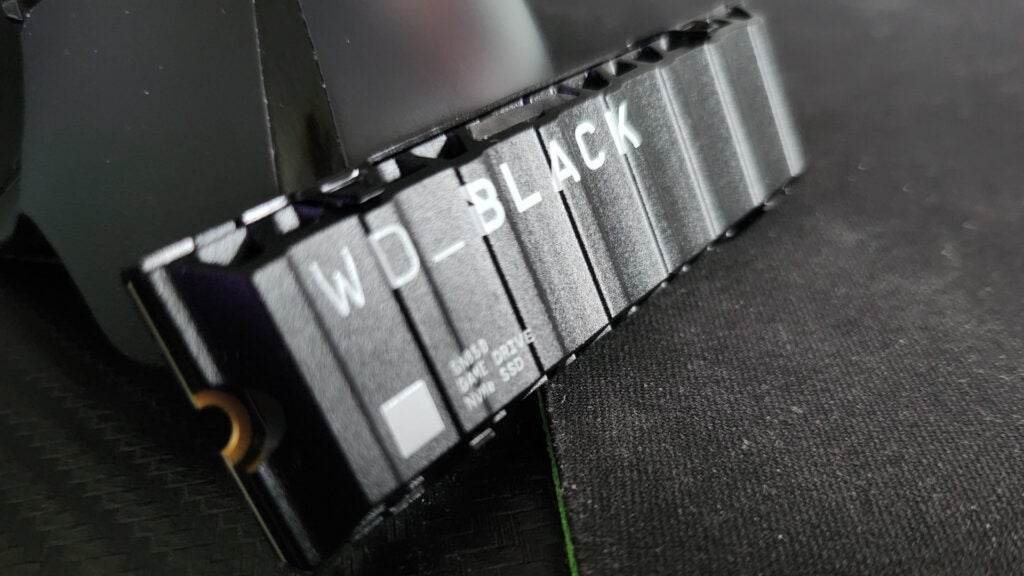
WD Black SN850 1TB
Best value SSD
Pros
- Great sequential performance
- Frequently discounted in 2022
- Well built
Cons
- Usurped by the WD Black SN850X
- It gets really hot
The WD Black SN850 is one of the more affordable SSDs on this list, and represents superb value due to its excellent performance. It’s also frequently discounted, with the 1TB variation dropping as low as £118.99.
This SSD is compatible with PCs as well as the PS5 console, and it managed to get read and write scores of up to 7000MB/s and 5300MB/s, respectively. File transfer speeds were very impressive, with the 110GB Mortal Kombat 11 transferring over from another Gen 4 SSD at just 1.65GB/s.
There is a drawback to the heatsink model though, as the drive can get very hot during extended use. However, since the average person won’t be testing their SSD in this manner, we can’t see this being a huge issue for most people, even if it is something to be aware of.
Overall, if you’re looking to upgrade your setup but don’t want to break the bank, the WD Black SN850 is one of the best SSD options on the market, and since it can be found in 500GB, 1TB, 2TB and 4TB variations, you should be able to find a configuration and price that works best for you.
Reviewer: Aleksha McLoughlin
Full review: WD Black SN850 review
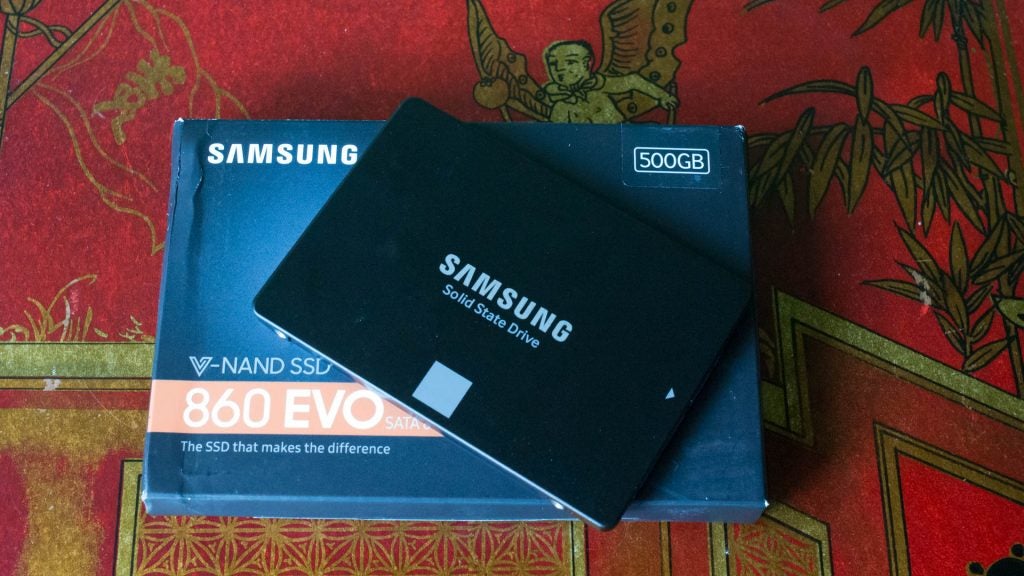
Samsung 860 Evo
Best SATA SSD
Pros
- Huge choice of capacity
- Well priced
- Good all-round performance
- Excellent endurance
Cons
- Not that much faster than previous drive
The Samsung 860 Evo is capable of squeezing every last drop of performance from its old SATA interface. It’s important to note that anyone with a modern NVMe-compatible computer can benefit from the newer M.2 SSD standard, like the PNY XLR8 CS3140. However, Samsung’s solution is still perfectly serviceable and will be compatible with older setups that don’t support NVMe drives.
With the older SATA standard limited to 600MB/s speeds, the Samsung 860 Evo sees low read and write scores coming in at 550MB/s and 520MB/s, respectively. This means it’s not a great option for gamers, or anyone who wants speedy boot-up times and quick data transfer speeds.
But it will provide serviceable loading and transfer times for anyone who just wants a PC for basic productivity tasks. It’s also a great affordable pick for those who want plenty of storage space at an affordable price, with a fantastic range of configurations including 250GB, 500GB, 1TB, 2TB and 4TB. With so many options you should be able to find a price point and storage option that’s right for you.
Reviewer: David Ludlow
Full review: Samsung 860 Evo review
We also considered…
We’ve reviewed
See all reviewsFAQs
This is the cheapest type of SSD. It connects through your motherboard’s SATA ports and is the slowest form of SSD, topping out at about 500-600MB/s. The current version of SATA is SATA III.
This is a specific physical SSD format. Confusingly it can use both the SATA or PCIe lanes on your motherboard, but either way it fits into a smaller M.2 slot. M.2 SATA drives are most commonly found on ultra-thin laptops to save space (M.2 is very small) and cost (sometimes only using SATA-speed storage). If you’re buying an M.2 SSD for your desktop, make sure it’s an NVMe drive.
Negative AND Logic gates. They’re similar to the chips used in RAM, but they can store data even when there’s no power flowing through them. They form the basis of all SSDs.


